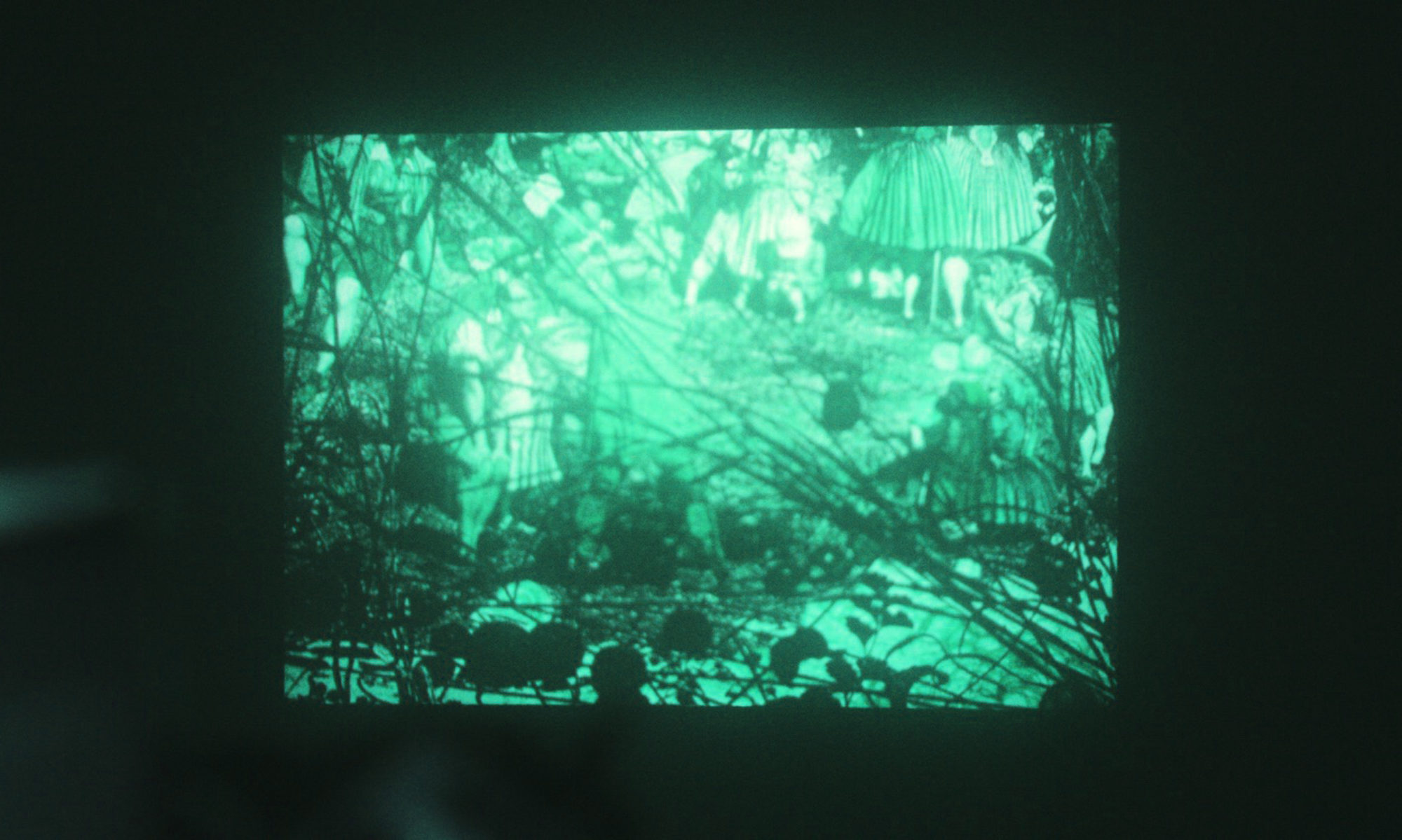We launched today directly into a discussion of the first eighty pages of Hayden White’s Metahistory. I am going to keep this summary concise so that I can get it done with the time I have – and that is going to mean I am going to skip lightly across all the very good seminar discussion that got us going on this difficult but interesting, and I think, important text. None of you out and attacked the thing. There was a little respectful questioning about the relentlessness of the four-fold schematizing (which is certainly reasonable!). We devoted quite a bit of time simply to working out on the board in full detail the whole elaborate structure of this very, very structuralist work. If I had to pull out two threads from the first half of the seminar, I would tug first on what I remember as Ismael’s question about White’s relationship to irony: given that irony is, according to White, in a basic sense, the figure that wishes to say something like the opposite of what it says, what are we to make of White’s assertion that Metahistory is history written in the ironic mode?
This is a very good and a very hard question that a number of us had – and that I think could reasonably be described as the “master question” for any interpreter of this book. To it we shall surely return.
The other part of the discussion that stays with me strongly was the moment we pushed on what the “crisis of historicism” means for White (and took a moment to hypothesize as to how he saw his own text addressing that “crisis”). This led to a discussion in which I felt we were articulating some things about this book that I feel very deeply (but that I feel I have not previously heard articulated or participated in articulating quite so clearly). I am not sure I can perfectly reconstruct the propositional content that engendered this feeling of satisfaction and understanding. But if I had to try, I would say something like this: I really do believe that White’s ultimate ambition is to write an ironic history of the ironic condition of history that has the power to create the conditions of possibility for nothing less that a “new historical consciousness” – a historical consciousness adequate to our condition. By this I mean, I read him to be attempting to write history (as it is) against itself (as it is) in order to conjure or index history as it must become. I find this very exciting. As well as absolutely urgent – now, for us. I think the conditions under which White undertook this exercise are significantly different than the conditions under which we labor, but I take the need for this “new historical consciousness” to be, if anything, more urgent now than it was in 1972. We talked about this a little bit in seminar, but, in a basic way, we are likely to feel around on this matter for much of the semester. It would not be wrong to say that I think of this as my primary intellectual/creative ambition/enterprise/endeavor.
We took a break.
When we came back, we turned to the Borges. And we launched with a fundamental question: how does “history” work in Ficciones? And this question came hand in hand with another: what is the “Borgesian” conception of history?
We ended up focusing on “Funes the Memorious” and “Pierre Menard, Author of the Quixote.” Once again, it’s not possible for me to reprise the richness of this conversation but we did focus hard on the way that Funes’s extravagant and conjoint mnemnomania felt like a fascinating figuration of Hayden White “pre-figured” historical substrate. Our discussion of Menard turned us to questions of the infinite (such a pervasive theme in Borges) and led to Dolven’s fascinating observation about the essentially finite nature of White’s conceptualizing of history. It suddenly felt quite difficult to understand where the “infinite” was in White’s analysis – as if this was perhaps the absent presence enabling historicism itself. For a moment, it seemed as if this afforded a beguiling glimpse into a genuine feature of this historical consciousness at issue in White’s study. Could this be right?
We will have more time to think about it, what is certain is that Borges is very definitely placing the historical novel itself (the primary mode by which fiction and historicism have been held together) directly in the crosshairs when he has the author of “Pierre Menard” dismiss historical fiction with a wave of the hand: “This distain condemns Salammbo without appeal.”
I may get that as a tattoo…
See you next week!
